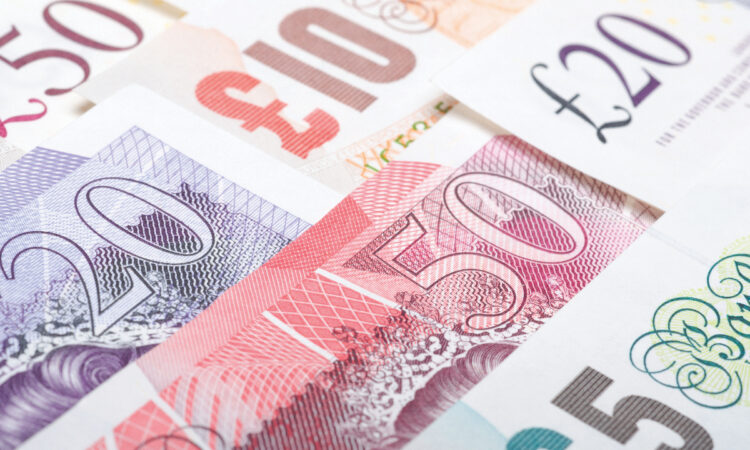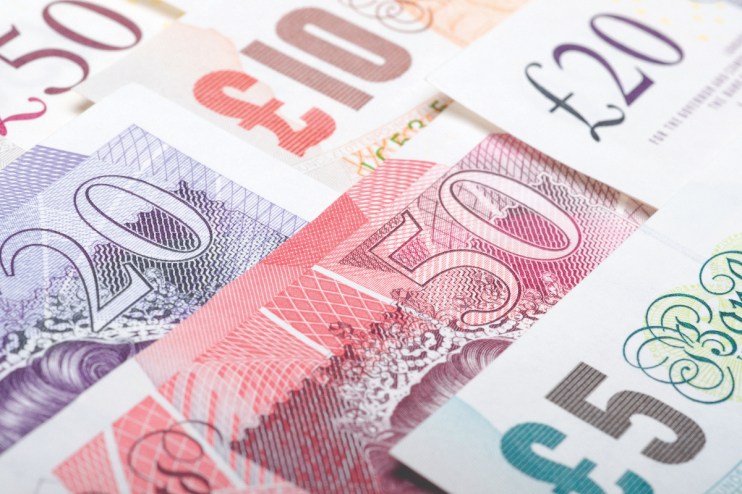

Sterling has soared over the past couple of weeks and is currently trading at, or close to, multi-year highs against a basket of currencies.
It’s the only developed market currency that’s gained against the mighty dollar this year.
This week sterling has soared against the greenback following surprisingly strong GDP data in the UK and a softer-than-anticipated inflation reading across the Atlantic.
The pound is currently hovering around $1.2910, pushing as high as $1.2950 yesterday afternoon.
The currency rallied after US inflation came in below expectations, falling to three per cent in June.
Following the data traders piled on bets that the US Federal Reserve would start cutting interest rates in September, with two cuts fully priced-in for this year.
Against the euro, sterling is also trading at its highest level since August 2022, as instability in France and dovish noises from the European Central Bank have hit the value of the euro.
Sterling has climbed over three per cent against the euro this year. This morning it was trading around €1.19.
Euro weakness has pushed the sterling trade-weighted index, which tracks the pound against a broad basket of currencies, close to its highest level since the day in 2016 when the UK voted to leave the European Union.
Economic growth helps sterling
Stronger-than-anticipated growth in the UK and hawkish comments from the Bank of England’s chief economist have given sterling a boost this week.
Huw Pill said that recent pieces of economic data pointed towards some “upside risks to my assessment of inflation persistence,” suggesting he is not yet convinced by the case for an August interest rate cut.
Higher interest rates benefit domestic currencies because international investors are able to earn a higher return on their investments.
The UK economy has outperformed expectations so far this year, growing 0.7 per cent in the first quarter making it the best performing G7 economy. A growing economy makes UK assets look more attractive, contributing to sterling’s appreciation.
Kathleen Brooks, research director at XTB, also pointed to the potential benefits from the new Labour government, particularly when contrasted to political instability elsewhere in the world.
“The political risk premium, which had limited GBP upside in recent years, may fall away as the Labour government enacts growth friendly policies and builds closer relationships with the EU,” she said.
“Now that the UK looks politically stable, especially compared to France and the US, the pound could attract ‘safe haven’ flows in the coming months, as the UK attracts more foreign investment, and as UK stocks start to look attractive again to foreign investors.”



